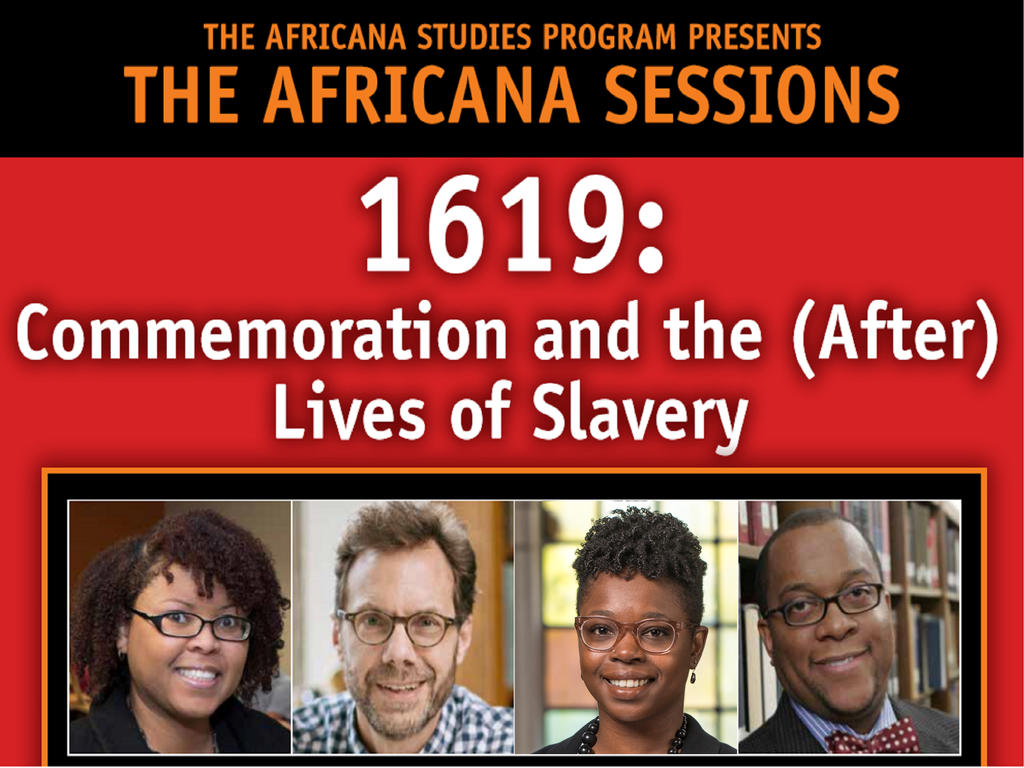Although Africans had a presence in the Americas in the 1500s, it is the year 1619—in colonial America—that is commonly used a starting point for teaching about slavery in the United States. Virginia colonist John Rolfe recorded “20. and odd Negroes” came by ship in late August 1619 to Point Comfort, Virginia, on the James River, and they were “bought” by the governor and cape merchant. His account is considered the first documented arrival of Africans to the colony of Virginia.
The story of these captives 400 years ago has set the stage for discussions throughout the country about the institution of slavery and its aftermath, as well as African American’s contributions to the nation. Four Rhodes College professors are joining in this discussion with an event on Oct. 21 titled “1619: Commemoration and the (After) Lives of Slavery.” It begins at 5 p.m. in Blount Auditorium and includes panelists:
- Trimiko Melancon, Associate Professor of English and Africana Studies
- Gordon Bigelow, Professor of English
- Kijan Bloomfield, Assistant Professor of Religious Studies
- Charles McKinney, Director of Africana Studies (Moderator)
“Commemoration is complicated, but it is important to call attention to 1619,” says McKinney. “We need to stop and take stock of the watershed moments in our nation’s history. But we also have to be careful that we are asking the right questions about those moments, so that we can draw productive, historically accurate conclusion about them. That moment back in 1619 wasn’t just the beginning of slavery in North America. It’s bigger than that. That moment is also about a growing, evolving commitment to racial subordination that continues to plague every corner of our nation.”
He adds the audience can expect a wide-ranging conversation about the relationships between slavery and historical memory, slavery and capitalism, the linkages to mass incarceration, and a host of other topics.
